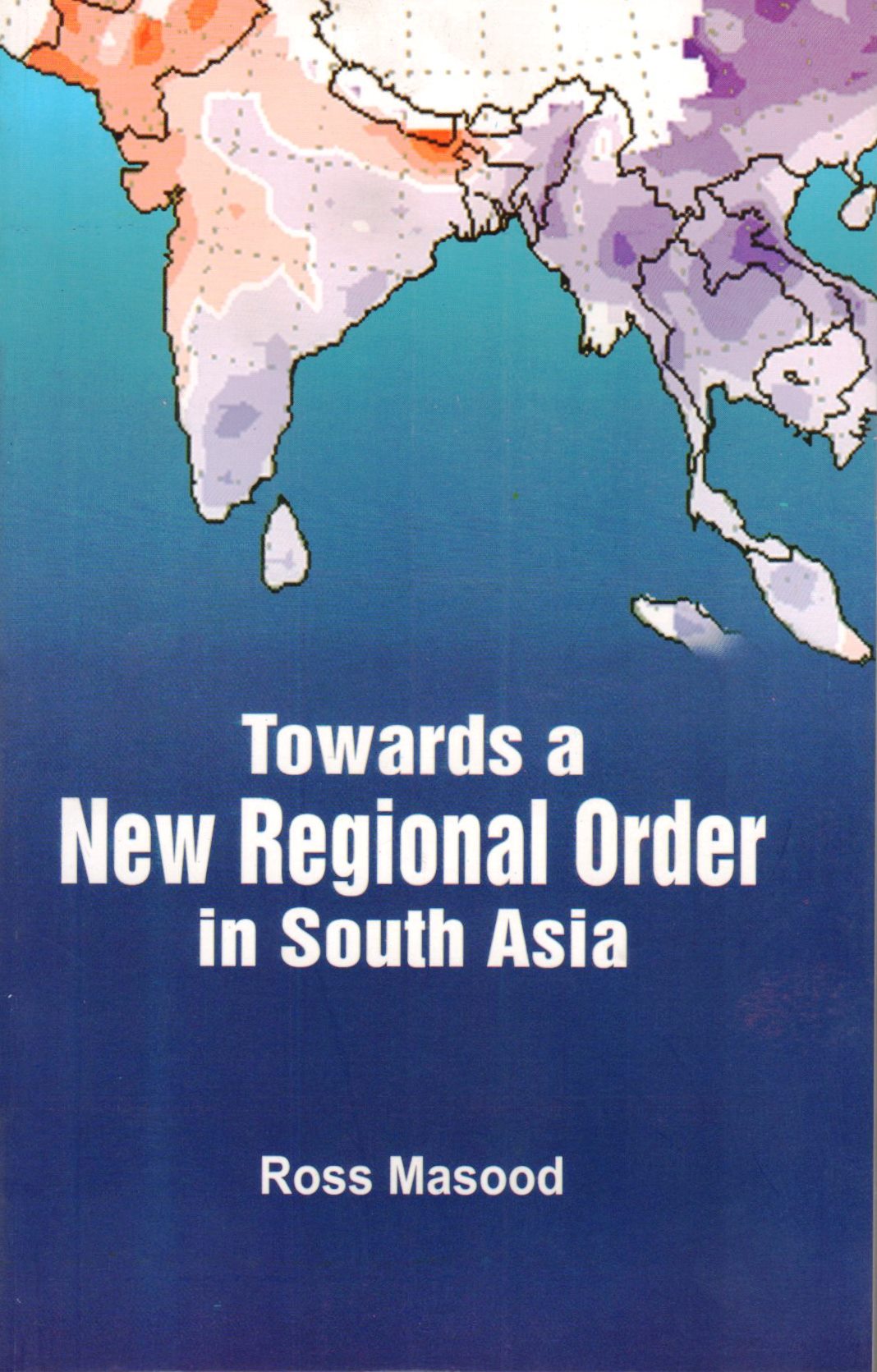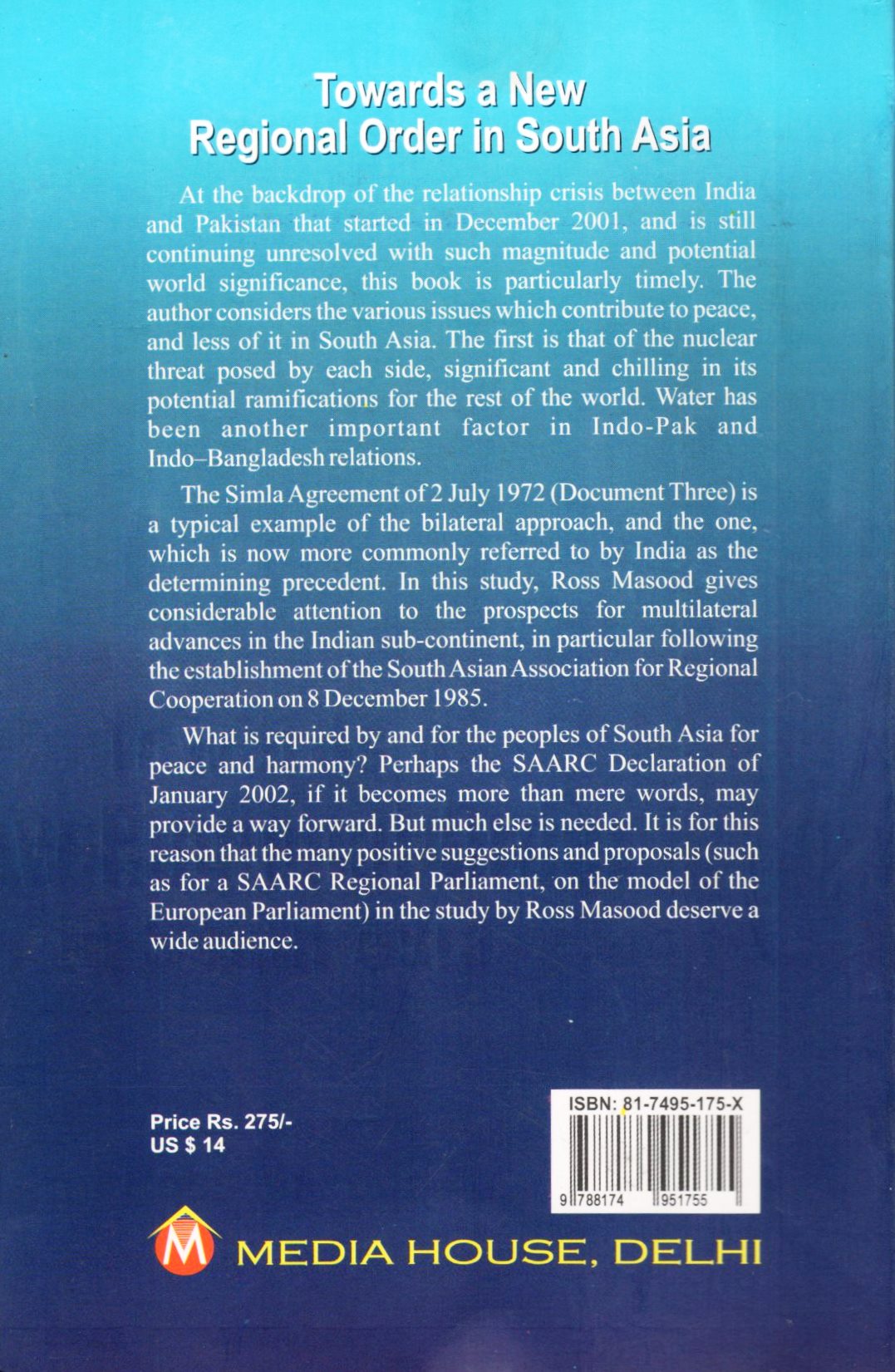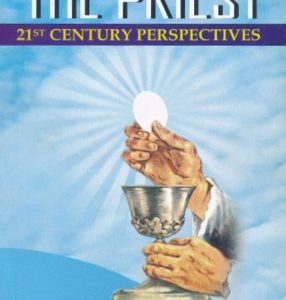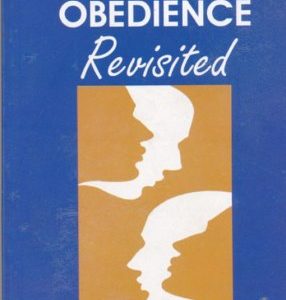Description
Contents-Towards A New Regional Order In South Asia
- Introduction
- The Regional Setting: constraints and characteristics
2.1. Structural Constraints
2.2. The Geo-Political Dimension
2.3. Economic Factors
- Inter-Governmental Cooperation
3.1. The Cultural Approach
3.2. The Functional Approach
3.3. The Political Approach
3.3.1. Cessation of Interventionary Operations
3.3.2. Confidence Building Measures
3.3.3. Arms control and Weapons Deployment
3.3.4. Resolution of Inter-State Conflicts
3.4. Outlook
- Inter-People’s Cooperation
4.1. A Multicultural Community
4.2. Towards a People’s Security Policy
4.3. Power to the People
4.3.1. Scholar Diplomacy
4.3.2. Religion in Politics
4.3.3. Media Dialogue
4.4. Outlook
- Inter-Institutional Cooperation
5.1. Towards a Parliament for South Asia
5.2. Outlook
- Costs/Benefits of Cooperation
- Conclusions
Documents
- The Indus Waters Treaty, 19 September 1960
- Tashkent Declaration of India (Prime Minister Lal Bahadur Shastri) and Pakistan (President Ayub Khan), 10 January 1966
- Simla Agreement on Bilateral Relations between India and Pakistan signed by Prime Minister Indira Gandhi, and President of Pakistan, Z. A. Bhutto, 3 July 1972.
- Charter of the South Asian Association for Regional Cooperation, 8 December 1985
- Speech Prime Minister Rajiv Gandhi of India at Qinghua University, Beijing, 21 December 1988
- Agreement on the Prohibition of Attack against nuclear installations and facilities, 31 December 1988
- Agreement between India and Pakistan on prevention of air space violations and for permitting over flights and landings by military aircraft, 6 April 1991
- Agreement Between India and Pakistan on the Advance Notice of Military Exercises, 6 April 1991
- Resolution 1172 on International Peace and Security adopted by the Security Council at its 3,890th meeting on 6 June 1998
- Convention against Nuclear Weapons adopted at Pearey Lal Bhawan, New Delhi, 9 June 1998
11 The Lahore Declaration, 21 February 1999
- India-Pakistan Joint Statement issued after meeting between the Indian and Pakistani Foreign Ministers on the sidelines of SAARC, Nuwara Eliya, Sri Lanka, 19 March 1999
- SAARC Economic Indicators 1999
- Draft Indian Nuclear Doctrine: released by Advisory — Board on Indian Nuclear Doctrine, 17 August 1999
15 South Asian Association for Regional Cooperation. Heads of State or Government. Eleventh Meeting. Kathmandu (Nepal), 4-6 January 2002
- Alma-Ata Act, 4 June 2002
- Speech of President Pervez Musharraf of Pakistan to the 57th Session of the United Nations General Assembly, 12 September 2002
- Speech of Prime Minister Atal Bihari Vajpayee of India to the 57th Session of the United Nations General Assembly, 13 September 2002
- Proposal for a South Asian Charter for Human Rights (Professor Ishtiaq Ahmed, Stockholm University, 23 June 2002)
- The SAARCLAW Kathmandu Declaration, 24 September 2000





Reviews
There are no reviews yet.